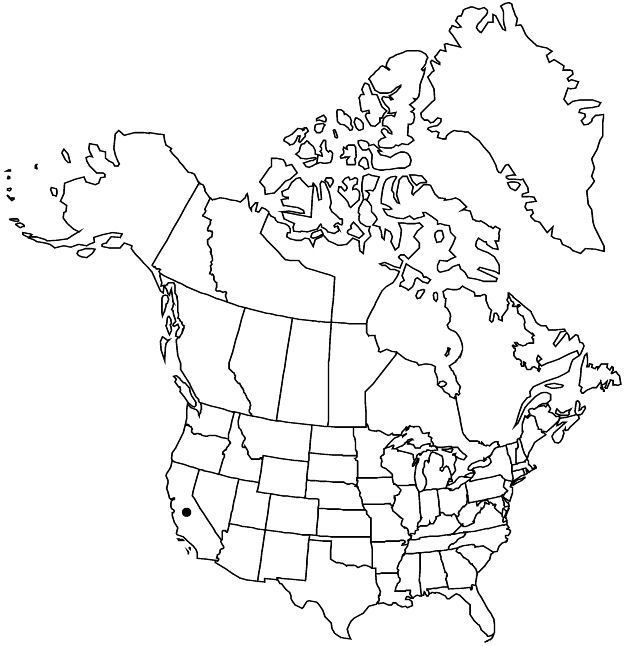Sidalcea malviflora subsp. rostrata
in L. Abrams and R. S. Ferris, Ill. Fl. Pacific States 3: 105. 1951.
Plants (0.2–)0.3–0.5(–0.6) m, with short, thick, rather woody taproot or caudex, without rooting rhizomes. Stems erect or procumbent, base decumbent, usually not rooting, usually coarsely, densely, softly bristly-tomentose or long stellate-hairy, basal hairs 1–2 mm. Leaves basal and cauline; stipules proximal sometimes purplish, distal green, wide-lanceolate to ovate, 7–8 × 2–4 mm; petioles of basal leaves 6–15 cm, 2 times as long as blade, reduced distally, much less than 1/2 times as long as blade, distalmost blades subsessile; blade often reniform, unlobed, 2–6 cm wide, margins crenate, sometimes deeply so, surfaces densely, softly or coarsely bristly-hairy. Inflorescences spicate to subcapitate, usually dense, unbranched, often 10+-flowered, often 4–7 cm, flowers mostly open at same time and obviously overlapping, rarely not overlapping, proximalmost in axils of reduced leaves, fruits usually spaced and not overlapping on a somewhat elongated axis; bracts cuneate 2-fid, proximal separated to base, 5 mm, usually equaling or longer than pedicels, margins sometimes toothed. Pedicels 1–2 mm. Flowers: calyx green (without purplish tint), 7–11 mm, densely stellate-puberulent and coarsely bristly, bristles often on swollen pad, hairs at base shorter, denser, marginal hairs longer; petals pink to rose, usually pale-veined, (10–)23–24 mm; staminal column 8 mm; anthers white; stigmas (6 or)7 or 8. Schizocarps 5–7 mm diam.; mericarps (6 or)7 or 8, 3.5–4 mm, sparsely glandular-puberulent, prominently reticulate-veined, rugose, and pitted, mucro 0.3–0.5(–1) mm. Seeds 2–3 mm.
Phenology: Flowering (Feb–)Apr–May(–Jun).
Habitat: Open, coastal bluffs
Elevation: 0–200 m
Discussion
Subspecies rostrata intergrades with subspp. patula and purpurea; it has been confused with Sidalcea hickmanii because of its unlobed and similar cauline leaves; it lacks involucellar bractlets. The unlobed and similarly shaped leaves, congested flowers, and dense, soft-bristly hairs together are distinctive. It has been included within subsp. malviflora but is very different, the unlobed leaves and shaggy hairs being the most noteworthy differences. Subspecies rostrata is known from the central and southern north coast to the north-central coast in Marin, southern Mendocino, San Mateo, and Sonoma counties.
Selected References
None.
